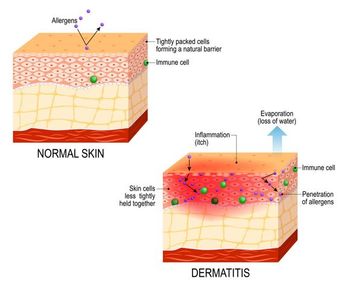
The CAHtalyst Adult Phase 3 Clinical Trial of Crinecerfont: Principal Investigator Interview
More than 6 in 10 adults treated with the investigational CRF1 antagonist crinecerfont reached a physiologic glucocorticoid dose with androstenedione control maintained.
Richard Auchus, MD, PhD, a preeminent steroid biologist who has worked on improving treatment for people with congenital adrenal hyperplasia (CAH) for 2 decades, details this unique study of crinecerfont, a corticotropin-releasing factor-1 antagonist that effectively blocks anterior pituitary release of ACTH and thus the downstream overproduction of adrenal androgens. On July 1, the FDA accepted
Richard J Auchus, MD, PhD, is the James A. Shayman and Andrea S. Kevrick professor of translational medicine, professor of internal medicine, and professor of pharmacology at the University of Michigan Medical School in Ann Arbor, MI. His areas of work include molecular and genetic mechanisms of human hypertension, improved diagnostic studies and management in primary aldosteronism and Cushing syndromes, modifier genes in 21-hydroxylase deficiency, cardiovascular disease in polycystic ovary syndrome, and the endocrinology of traumatic brain injury.
Newsletter
Enhance your clinical practice with the Patient Care newsletter, offering the latest evidence-based guidelines, diagnostic insights, and treatment strategies for primary care physicians.

































































































































